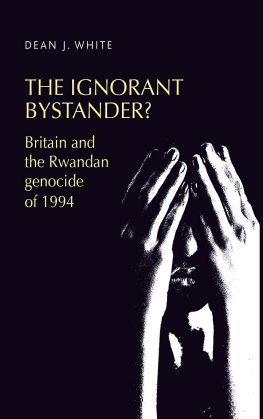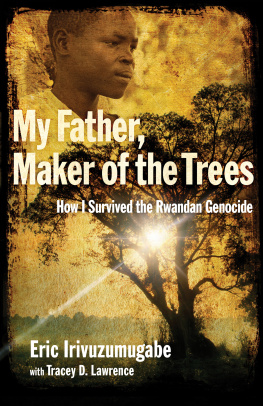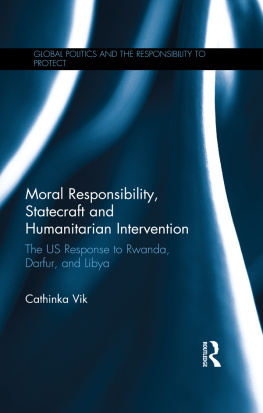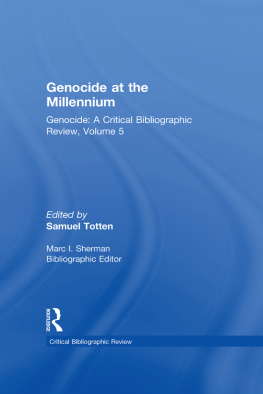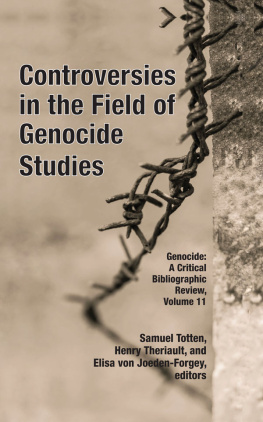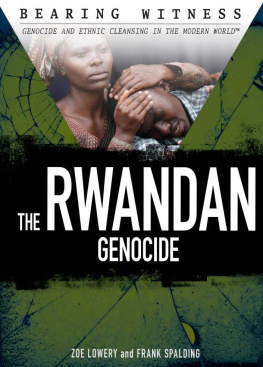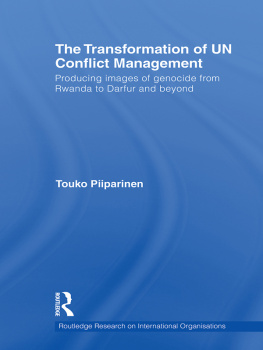Copyright Dean J. White 2015
The right of Dean J. White to be identified as the author of this work has been asserted by him in accordance with the Copyright, Designs and Patents Act 1988.
Published by Manchester University Press
Altrincham Street, Manchester M1 7JA
www.manchesteruniversitypress.co.uk
British Library Cataloguing-in-Publication Data
A catalogue record for this book is available from the British Library
Library of Congress Cataloging-in-Publication Data applied for
ISBN 978 0 7190 9523 8
First published 2015
The publisher has no responsibility for the persistence or accuracy of URLs for any external or third-party internet websites referred to in this book, and does not guarantee that any content on such websites is, or will remain, accurate or appropriate.
Typeset
by JCS Publishing Services Ltd, www.jcs-publishing.co.uk
Preface
This project would not have been possible without the help and support of a number of people. First I must thank the various interviewees who agreed to speak to me, many of whom spoke about their role in the response to the genocide for the first time. Some of the interviewees are named throughout the book, others preferred to remain anonymous. Secondly, thank you to the various government officials who responded to my very many Freedom of Information requests; their assistance was definitely beyond what I expected. Thirdly, I must thank Professor Sylvia Ellis and Professor Matt Baillie Smith for their guidance and support. Finally and most importantly, thank you to my family who have supported me throughout.
Introduction
Lord, save us; take us to your Paradise; Lord, forgive us our sins; welcome us into your Kingdom. These were Reverien Rurangwas mothers last words: Lord, save us, over and over again. As the rest of the world watched the football World Cup, commemorated the fiftieth anniversary of D-Day or witnessed the end of Apartheid as South Africa held its first free elections, Reverien, his mother and close family huddled in a wooden hut, hiding from a gang of armed men. Reverien had been sitting silently for three days without food or water when suddenly the huts door was kicked open. He recognised the man who casually walked in; it was Simon the quiet bartender from the bar in the shopping centre in the village. But now the man who used to sell banana beer and cigarettes carried a machete. Reveriens family - his younger brothers and cousins, his uncle, his grandmother, his mother - all cowered. Seeing the machete they knew their fate. Uncle Jean was the first to receive a blow. Quick as a flash Simon slashed at Jeans throat; blood shot across the hut, covering the children, causing them to scream in terror. More men crowded in behind Simon; all were armed with machetes, garden hoes or homemade clubs and all were known to Reverien. This was Rwanda in 1994.1
In the one hundred days from 7 April to 18 July scenes like this were tragically common in the small central African country of Rwanda. Unlike the Nazi Holocaust, the genocide in Rwanda did not require ghetto clearances, meticulous scheduling of train timetables or the building of industrial death camps. Instead, like Reveriens family, Tutsi were killed, often by friends, neighbours or even family, where they were found: at home, at school, at impromptu road blocks or gathered in churches where they wrongly hoped for some sort of sanctuary. In truth no one really knows how many people died in Rwanda that year; none of the contradictory numbers that have been offered concerning victims of massacres or of refugees fleeing from or returning to Rwanda is substantiated. Alan Kuperman uses extrapolations from the 1991 census and survivor data to claim very precisely that the figure was 494,008; Alison Des Forges in what is considered by many as the definitive account of the events of 1994 quotes at least half a million; General Romeo Dallaire, the commander of United Nations (UN) peacekeeping troops in the country, typically refers to over 800,000 having been killed; and Shaharyar Khan, who during the second half of 1994 was the UN Special Representative to Rwanda, places the figure at between 800,000 and 850,000.2 Linda Melvern, quoting figures from the Red Cross, is at the higher end of estimates, claiming one million were killed.3 The sad reality is that we will never know the final number of dead. The fact that whole families and communities were murdered means that there were often no survivors left to report the missing, and the lack of accurate census information means that it is impossible to know even how many Tutsi were living in Rwanda before the genocide. However, based on these various estimates, it seems that a figure of around 800,000 killed in approximately one hundred days is not unrealistic. This makes Rwanda the quickest genocide ever experienced, with a killing rate five times that of the Nazi Holocaust.4
Yet whilst hundreds of thousands of people were being slaughtered, as US President Bill Clinton was later to suggest (rather disingenuously of himself at least), all over the world there were people like me sitting in offices, day after day after day, who did not fully appreciate the depth and speed with which [Rwanda was] being engulfed by unimaginable terror.5 Ironically, though, in the months before the killing began in Rwanda, genocide had again been brought to the fore of international consciousness. Steven Spielbergs film about a German industrialist who saved over 1,200 Jews during the Holocaust first appeared in cinemas in late 1993, and in March 1994 it won the Academy Award for Best Picture. But few in the West drew lessons from what they saw on the screen or linked the events in Nazi Germany to what was unfolding in Rwanda.
In his autobiography, written sixteen years later, former UK Prime Minister Tony Blair recorded the profound effect seeing

